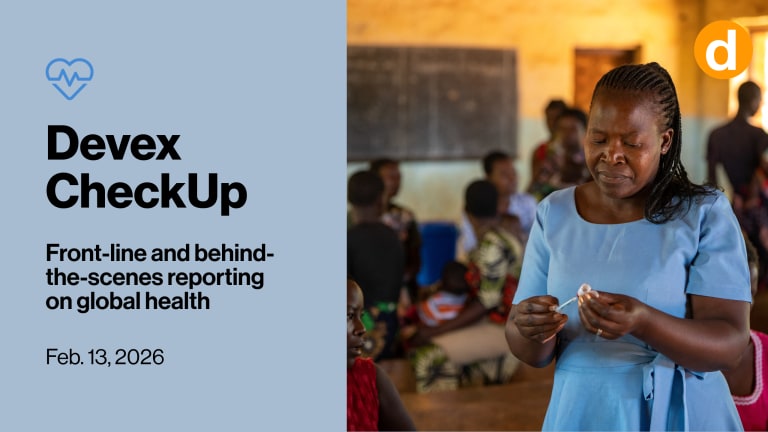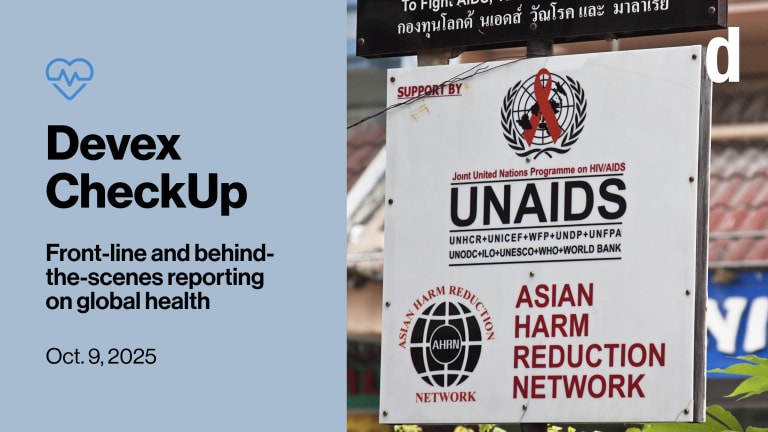Official development assistance, or ODA, for health is plummeting. Cuts by the United States and European nations have officials at the World Health Organization estimating a 40% drop in ODA for health this year from 2023 levels. That would mean $10 billion gone from the $25 billion donors allocated two years ago.
In countries that were counting on that money, the reductions are all but certain to translate into fewer services, reduced staff, and worse health outcomes, unless domestic governments can figure out a way to make up the shortfall.
That’s why the spotlight is suddenly on health taxes, also known as sin taxes. These are taxes levied on products — primarily cigarettes, alcohol, and sugar-sweetened beverages — that have contributed to soaring rates of noncommunicable diseases, or NCDs, in low- and middle-income countries.








